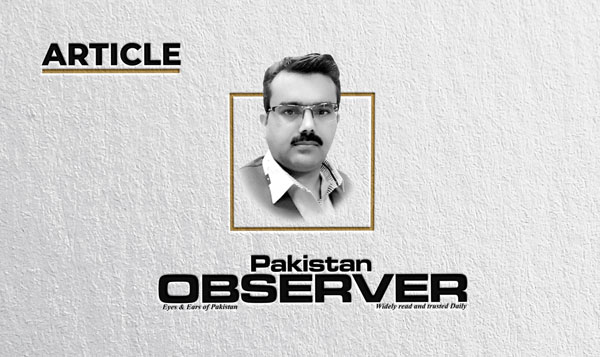Health as a multidimensional phenomenon
HUMAN health is a multidimensional phenomenon which has always been of keen interest to the researchers.
Health has been viewed and conceptualized in different perspectives at different time periods.
Before the mid-twentieth century, the bio-medical model confined the health merely to the absence of any physical disorder in the body and the treatment was sought into the technical and scientific process to fix the body fault.
In point of fact, the medication was no more a healing art. Nonetheless, the horrifying incident of bombing in the 2nd world war made people realize that health is a multidimensional phenomenon and it can’t be regained only through technical treatment methods.
The health miseries emerged after war challenged the long dominating biomedical approach.
The healthcare interventions in post war years have had to change towards a new conception, psycho-social perspective.
For many years after the war, people had been adversely affected socially and psychologically.
Consequently, dependence on technical health professionals began to decrease and a new debate was started to deputize the local community workers capable of helping people in mitigating socio-psychological sufferings and addressing the non-medical needs and issues.
Afterward, in 1948, the WHO coined a very exhaustive definition of health i.e. “health a state of complete physical, mental and social well-being and not merely the absence of disease and infirmity”.
The definition strongly emphasizes the psychological and social wellbeing equally to the physical as well.
The definition clearly underlines that merely the absence of disease and infirmity cannot be regarded as health while it is a state of complete physical, mental and social well-being—a holistic health.
The concept of addressing psycho-social determinants of health to achieve complete wellbeing was widely acknowledged in the West and professional social workers, psychologists and experts from other relevant disciplines were engaged in the healthcare field but in developing countries like Pakistan, it still remained unfocused.
Assessing and addressing the psycho-social, environmental and other factors affecting health are not taken as part of disease investigation process despite the fact that numerous psycho-social and environmental factors such as lack of awareness on nutritional needs, unhealthy living practices, hygiene-related issues and poor knowledge about diseases etc, are responsible for poor health state in Pakistan.
Likewise, people lacked awareness on causes and consequences of mental health issues such as anxiety, depression and other psychological disorders.
Patients with severe psychological and mental health issues hardly realize that they are diseased and need treatment.
In-depth assessment of psycho-social and environmental determinants affecting health is not a simple task rather it may require services of professional experts from other relevant disciplines.
It seems unfeasible for medical specialists to assess and address such determinants as they are already overloaded with the clinical, managerial and other many official responsibilities in our hospitals.
Further, in the health system where one doctor is for about 900 patients, it is impossible to carry out such tasks.
Hence, services of professionals from other disciplines such as Medical Social Workers and Psychologists may be acquired in healthcare settings to deal with psycho-social and other non-medical factors affecting health.
Quality psycho-social services by professionals can help the diseased persons in mitigating their fears, stress, anxieties and superstitions which can hinder healing process.
Additionally, community level wide preventive, educative and health caring services can turn the poor health situation around.
—The writer is serving at the Social Welfare & Bait-ul-Maal Department Rawalpindi.










